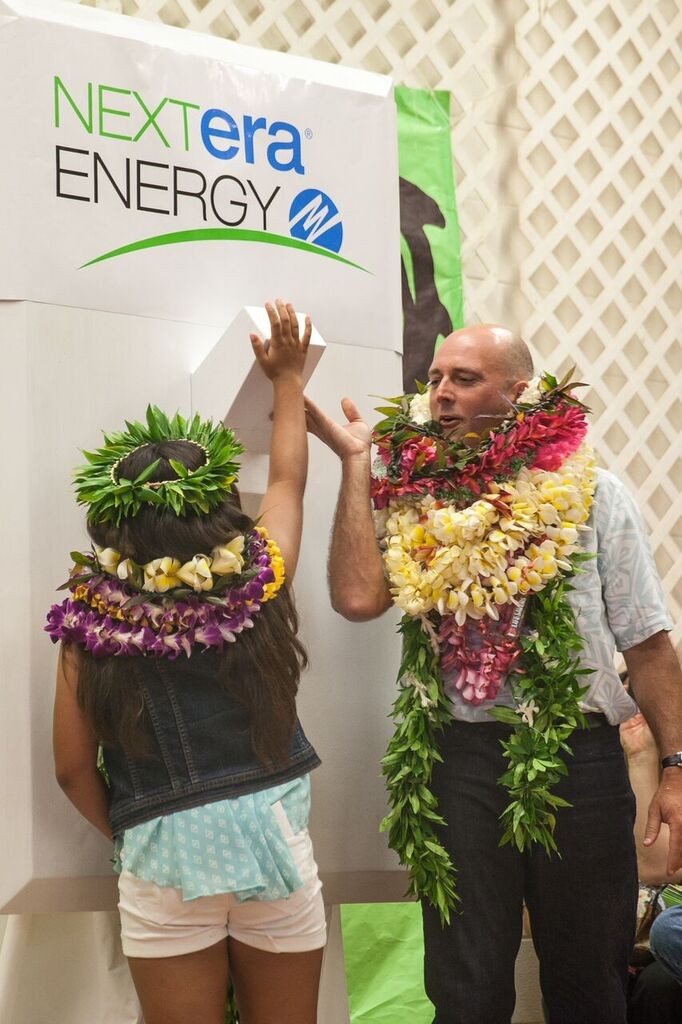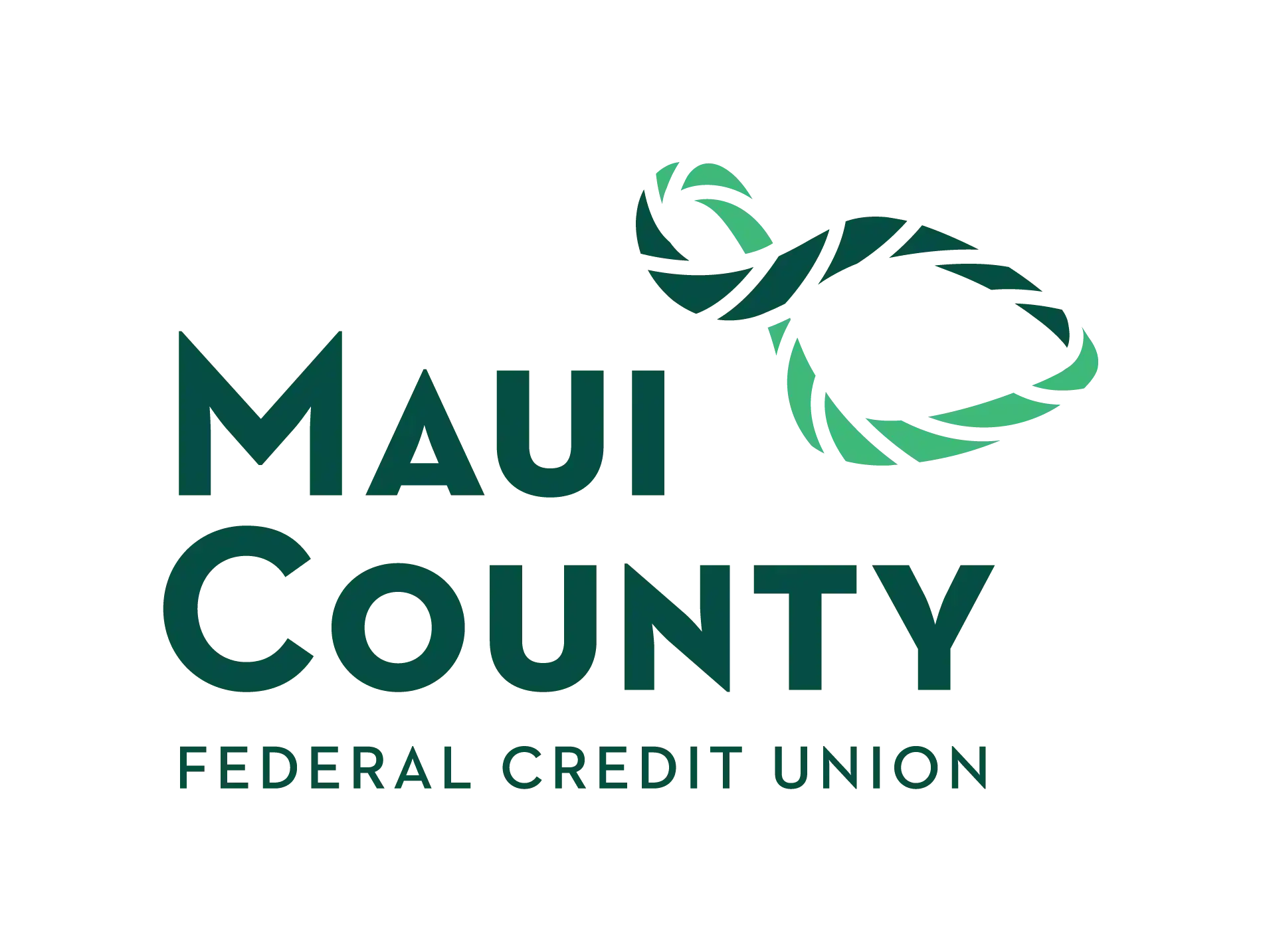Clean Energy Bill Becomes Law

A celebration assembly was held Friday, April 8, at Kaunakakai Elementary to mark the completion of a hybrid solar air conditioning installation project. Sixth-grader and Student Council President Leonahemaikekaimalie Crivello was commended for helping the project become a reality. Photo credit: Kaipo Kiaha (ʻŌiwi Television) via Hawaiʻi Department of Education.
The state Department of Education is expected to spend nearly $1 billion on electricity by 2035, but can save hundreds of millions through progress toward clean energy goals established by House Bill 2569, signed by Governor David Ige today.
“This bill will save hundreds of millions in future operating costs that can be better spent in classrooms and higher paid teachers instead of utility bills,” said Rep. Chris Lee, who introduced the bill.
“It also creates important accountability and transparency requirements for the $100 million the state has already given the DOE to cool classrooms,” said Rep. Lee.
The measure requires the DOE to:
· Establish a goal of becoming net-zero with respect to energy use by Jan. 1, 2035;
· Expedite the cooling of all public school classrooms; and
· Submit an annual transparency and accountability report to the Legislature containing information about its progress toward the cooling of all classrooms and net-zero energy goal.
The state Department of Education spends about $48 million a year on electricity. By installing more efficient lighting, using natural ventilation, and investing in renewable technologies such as solar panels and batteries to power schools, energy costs will be reduced and student performance improved, according to Lee.
Hawaiʻi is the first state to mandate that clean energy be used by all its public schools.










